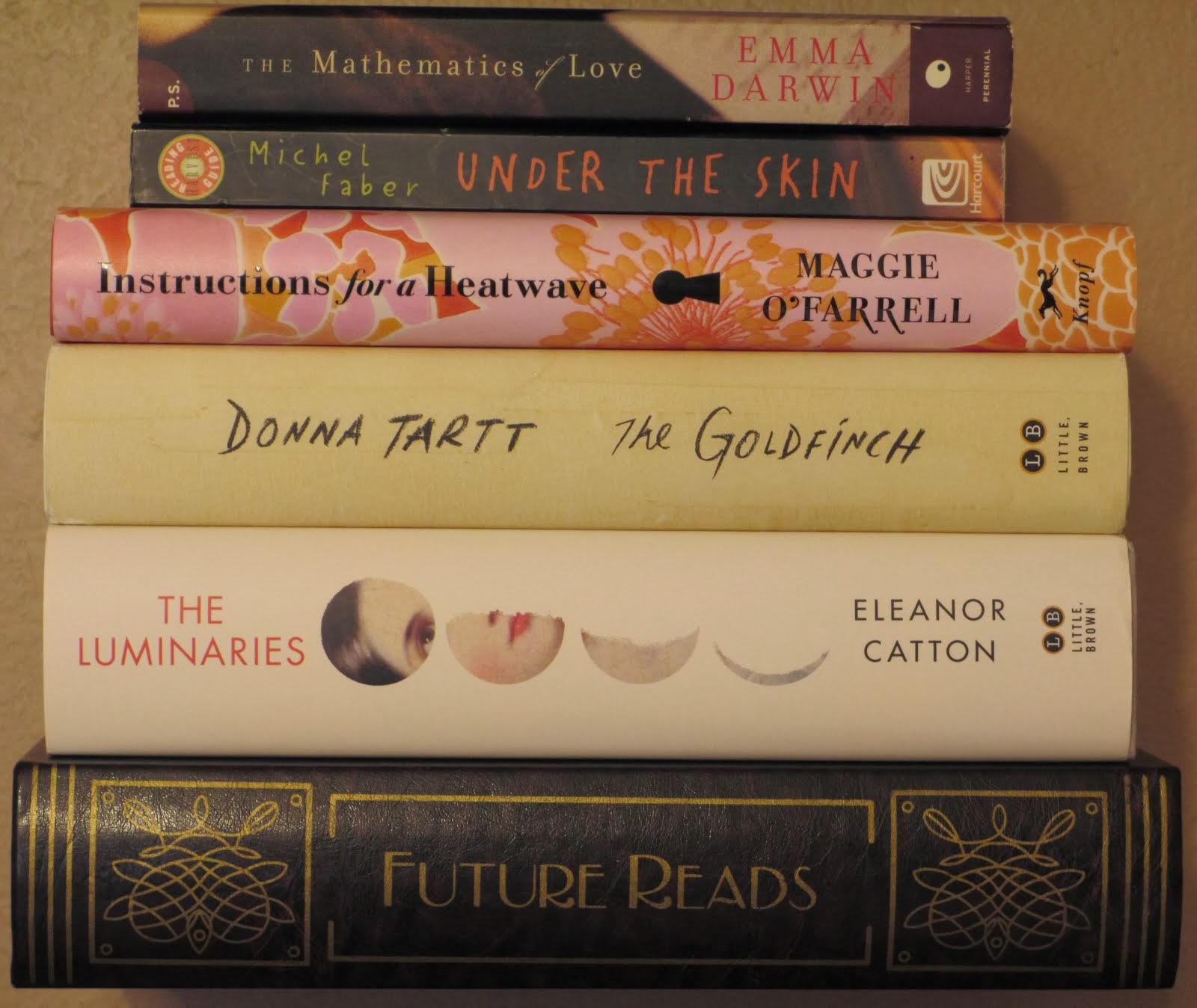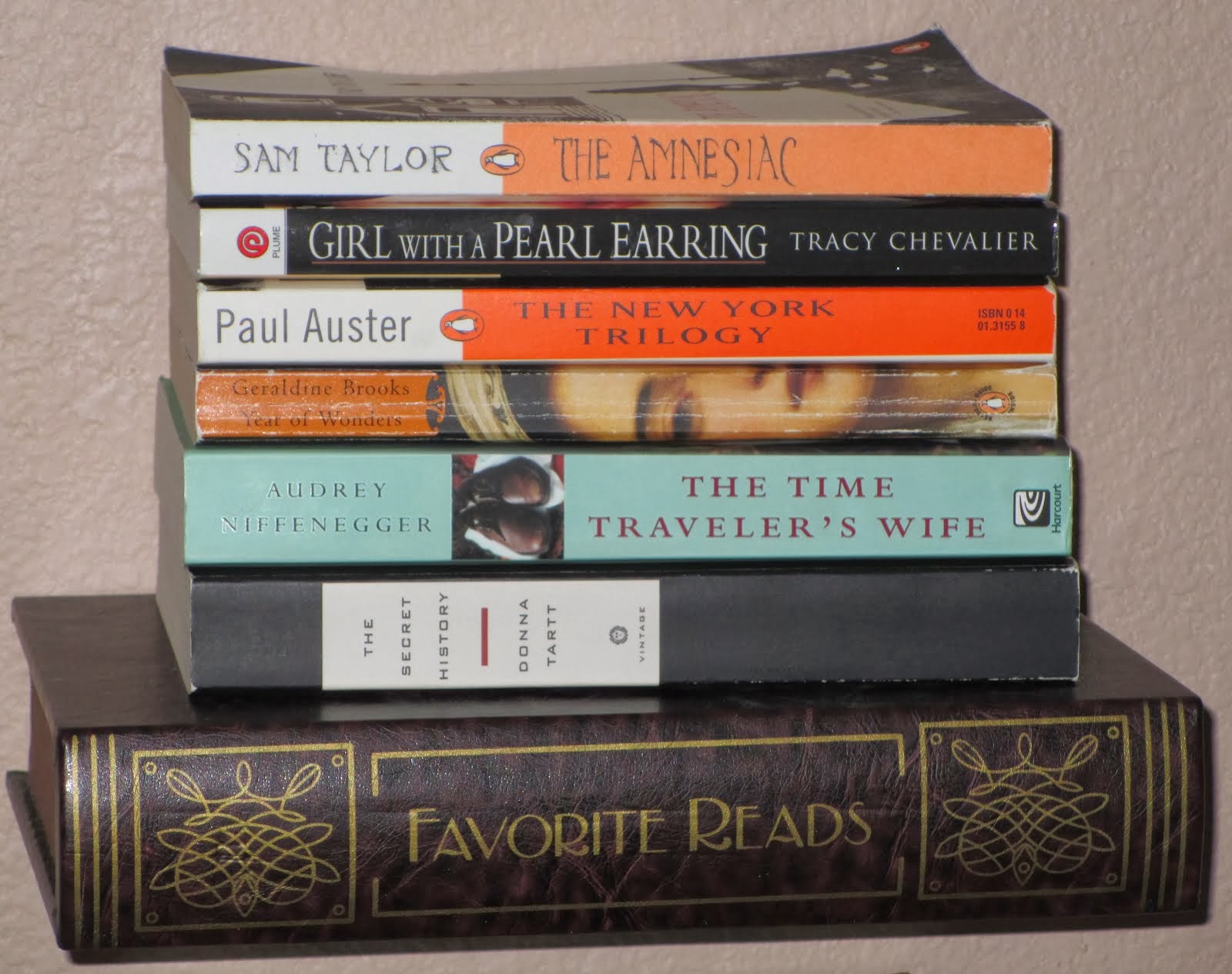 I almost didn't post about this book in my blog. It's one of those I'm embarrassed to admit I've wasted my time on. I guess you could call it a guilty pleasure, with more guilt than pleasure. I'm sure I killed brain cells by reading it.
I almost didn't post about this book in my blog. It's one of those I'm embarrassed to admit I've wasted my time on. I guess you could call it a guilty pleasure, with more guilt than pleasure. I'm sure I killed brain cells by reading it.First I will make excuses for why I picked it up. The kids and I went to the library yesterday, and the book caught my eye. I thought the title sounded familiar to me, and Debra Messing was on the cover, so I figured someone must have liked it enough to make it into a movie, or at least a TV show. (Of course, the same could be said for Lauren Weisberger's Chasing Harry Winston, so I should have known that wasn't proof of a good book). One last-ditch excuse: at least I borrowed it from the library instead of spending money on it.
So, this may have been fun, but definitely not good for me. Kind of like eating a pound of Sour Patch Kids in one sitting. (Don't worry, I've never done THAT). It was a very shallow book, which shouldn't be surprising since it's all about Hollywood, and no thinking was necessary in order to read it. There weren't even any surprises (well, OK, I didn't see Sam's family wealth coming, although it sure made for the happiest of nice, neat, happy endings, and I would never have guessed that the woman Kenny left Gracie for was Britney Spears... how ridiculous can you get?) but I suppose the book didn't ask anything of me and I didn't ask anything of the book.
Side notes: Why could they name Britney Spears but not the punk who was so obviously Kevin Federline but instead went by "Billy" in this book? And it was kind of funny that the main character, Gracie, had a best gay friend, Will... Will and Grace... Debra Messing.... hmmm, no wonder they changed her name to Molly for the TV adaptation of this book. And I seriously expected Lou to show up again, just like he'd told Gracie he planned to, but that never did happen.
I'm not one of those people who usually takes silly literature (and I use the term "literature" lightly in reference to this book--read with emphasis on the "silly") too seriously, but I was annoyed at the inappropriate things Gracie would say to her 4-year-old daughter Jaden. I don't remember a single time that Gracie interacted with Jaden in a manner befitting a mother to a child. I know the author was going for humor (as, I assume, was Gracie) but she should have saved it for her adult friends. Gracie asks Jaden, "Honey? Do you have a cigarette?" and, "Have Daddy and Britney told you what vodka is?" I could find innumerable examples but I really have no desire to spend any more time with this book than necessary.
Lesson learned: Never read a book authored by a woman named Gigi.

















